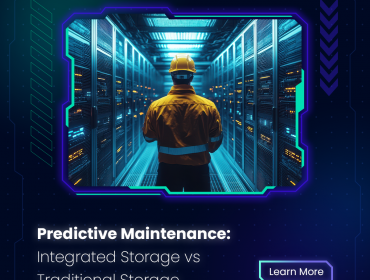The traditional drug development pipeline is broken—costing billions, consuming a decade or more, and failing 90% of the time. But a seismic shift is underway as high-performance computing (HPC) rewrites the rules of biomedical research. By harnessing GPU-accelerated molecular dynamics, AI-driven compound screening, and quantum chemistry simulations at scale, scientists are now evaluating millions of drug-target interactions in hours instead of years. From identifying promising COVID-19 antivirals in record time to designing personalized cancer therapies using patient-specific protein folding models, HPC is collapsing the timeline from lab bench to bedside. But can this computational revolution truly deliver on its boldest promise: turning the “decades-to-days” vision into reality for diseases like Alzheimer’s and rare cancers? We examine how exascale systems, digital twin experiments, and federated learning across global research networks are creating a new paradigm—where curing diseases becomes a computational challenge as much as a biological one. The future of medicine may not wait for test tubes. It’s being simulated at 2 petaflops.
Get in touch info@tyronesystems.com












